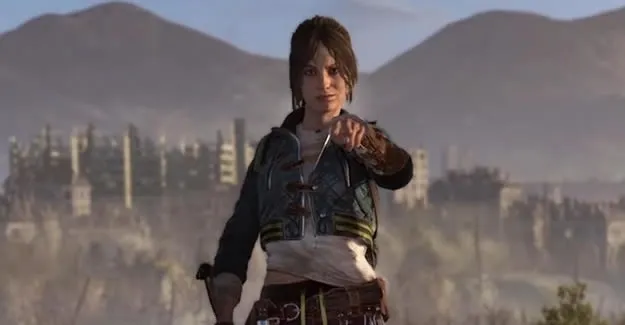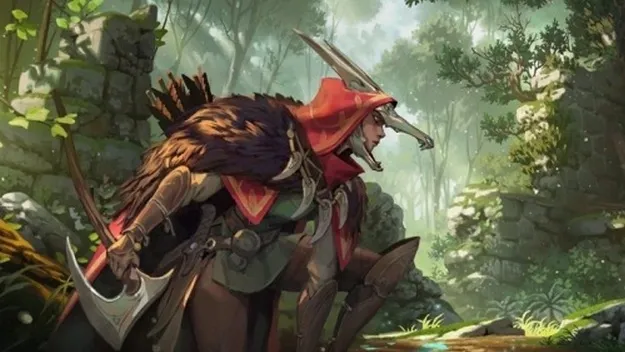Ghostwire: Tokyo - Reviews
Ghostwire: Tokyo's new child Shinji Mikami, who is known in the world of survival horror games, decided to bless PlayStation around the world, but the result is not the best.
The story takes place in Tokyo, which has always been the subject of various games, series, movies with supernatural events, so this time, too, it has not left out any apocalypse. A supernatural force has mysteriously caused everyone in Tokyo’s Shibuya neighborhood to physically evaporate as their souls wander the streets of deserted Tokyo. A mysterious man with a demonic mask appears on all the screens of Shibuya and explains that he is there to save the souls of all the citizens of that neighborhood by locking them in some magic cubes.
One of the souls wanders looking for a body that is somewhat functional and encounters the lifeless body of Akito, our dear protagonist when this spirit draws him into the world of the paranormal. Akito, lost in time and space, confused as an Amish in the work of technology, tries to understand what is happening to him and why he hears a voice in his head that constantly gives him advice.
Akito learns that the mysterious spirit is called KK (where one extra letter
separates him from the international scandal). KK in the body of Akita allowed
the confused young man to use elements with the commands of his hands, so that
either by using a finger-gun or waving his arms like an introvert when street
vendors tease him when asking if they like theater, you release elements that
destroy opponents.
Unfortunately, the story is nothing special
because, as in Dying Light 2, the goal of our dead but also living hero is to
save his sister from the clutches of evil. Akito and KK have their interesting
moments of quarrel but besides that, there is not some charm and connection
between this duo who is fighting against the forces of evil.
Ghostwire is an inevitable open-world exploration with the incredible influence of Japanese pop culture that Shibuya abounds in. Fantastic recreation of architecture and cluster phobia of narrow and crowded streets but without people. Exploring this space continues to drag on Dying Light 2 only without unnecessary parkour where you don't have to do a five-fold somersault to get through the moving doors of an abandoned supermarket. Technically Ghostwire is cute, somewhat interesting but not fun to the point that the furrows from the controller will stay tattooed on your fists. Fights with opponents are not only boring but also repetitive without any major variations.
In case you want a slightly different experience, the game also offers you to block attacks as well as kill opponents behind your back with instant kill options. There is no cover system or avoidance, and since the controls may have a slightly intentionally left slight input lag, the game relies heavily on auto-aim. There are no puzzles of any kind which is weird knowing the tricks Mikami practiced before but that’s why repetitive basic missions are scattered throughout the city so many will give up on the game after the third repetition of missions.
You fight various demons (Yokai), there are Tanuki who cunningly hide as everyday objects, there are also kamitachi (some like weasels) that you have to chase around the map, and various possessed everyday elements in Shibuya. In addition to this kind of story, mission, and various interesting places, the game seems to be made with a ton of ideas that were thrown out just before the end.
All things considered, the game, in addition to its repetitive missions, mostly draws on some Dying Light 2 / Far Cry with demon ghosts and the like. The design of the opponent will delight you as well as the look of the city itself and the details that are inserted for no reason to divert attention from the weak story. A mix of traditional and popular Japanese culture is always a good idea but without good mechanics, it is a game that would do better as a movie than a game.
Ghostwire Tokyo is a fairly short game. 12-14h of the main story awaits you, while by collecting and exploring the Shibuya District, you prolong the enjoyment or agony yourself, depending on how long the game has been for you. With the final anticlimactic boss, average story, and lack of content, many will wonder if the developers worked on another game while Ghostwire was like a warm-up to them.
- A visual treat
- Opponent design
- Plenty of references to Japanese culture
- Controls and auto-aim
- A short story
















